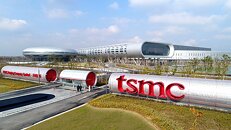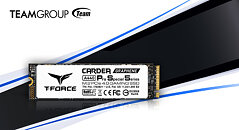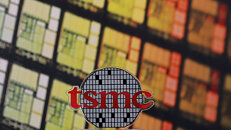Heterogeneous Integration Chip-let System Package Alliance Established to Expand Market Opportunities
The development of AI and 5G has boosted the demand for high-end semiconductor chips. In order to enhance critical capabilities of Taiwan's chip industry for this emerging market, the Department of Industrial Technology (DoIT), Ministry of Economic Affairs (MOEA), Taiwan, has supported ITRI to establish the Heterogeneous Integration Chip-let System Package Alliance (Hi-CHIP). This alliance will help create a complete ecosystem covering package design, testing and verification, and pilot production, which will achieve the goal of supply chain localization and expand business opportunities.
According to DoIT, the global semiconductor industry is keen to develop heterogeneous chip integration processes, yet there is no effective solution to realize the high-mix low-volume manufacturing required. The Hi-CHIP alliance will provide a trial production platform to assist relevant industry players in accelerating time-to-market.
According to DoIT, the global semiconductor industry is keen to develop heterogeneous chip integration processes, yet there is no effective solution to realize the high-mix low-volume manufacturing required. The Hi-CHIP alliance will provide a trial production platform to assist relevant industry players in accelerating time-to-market.






























